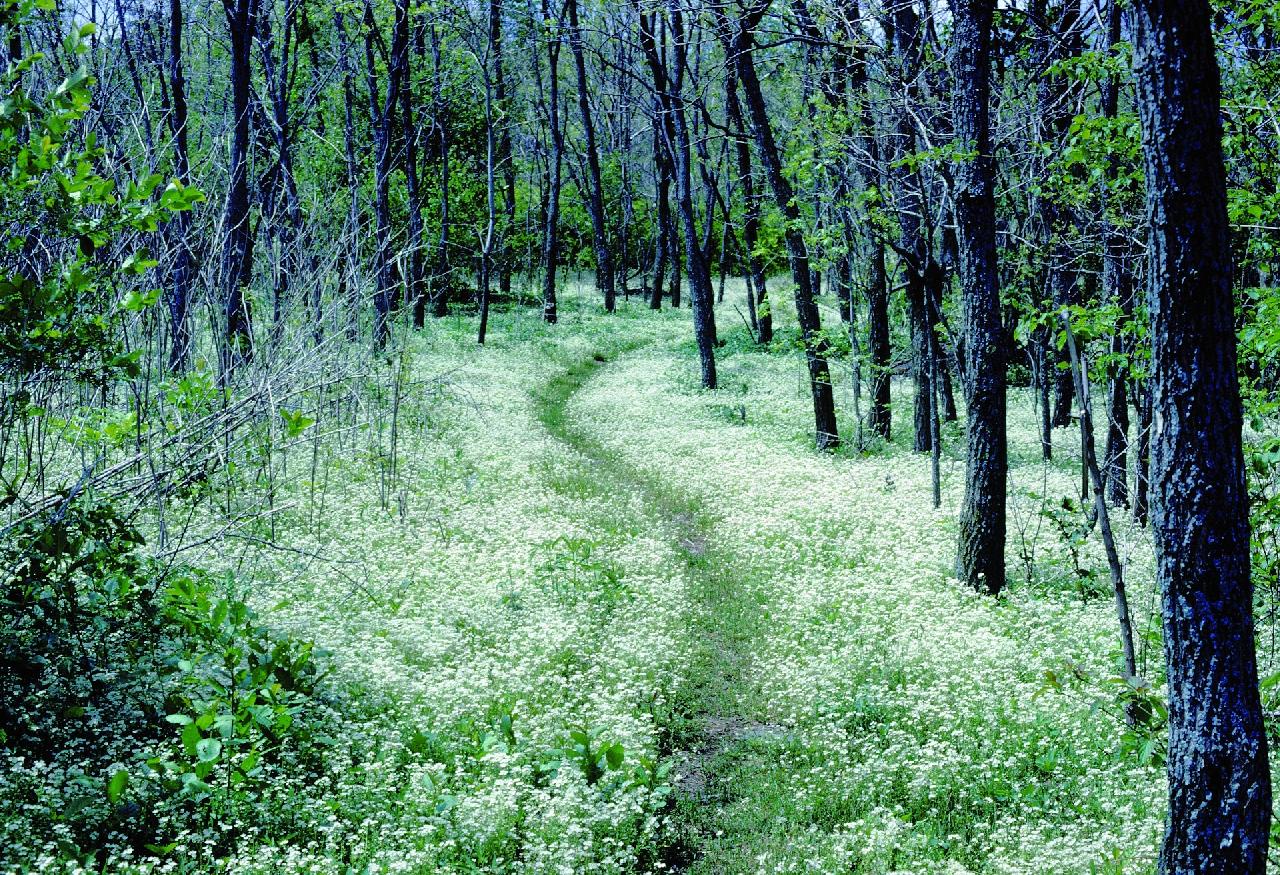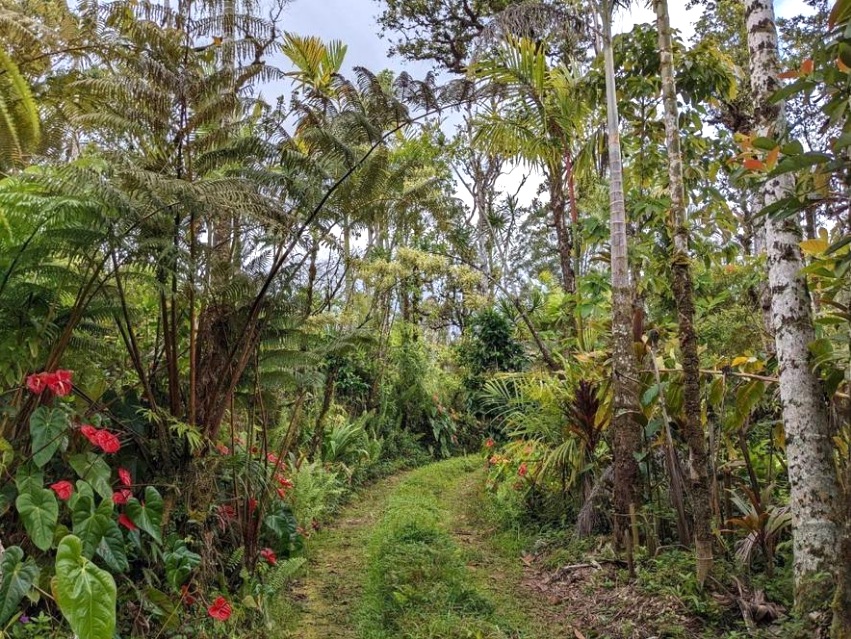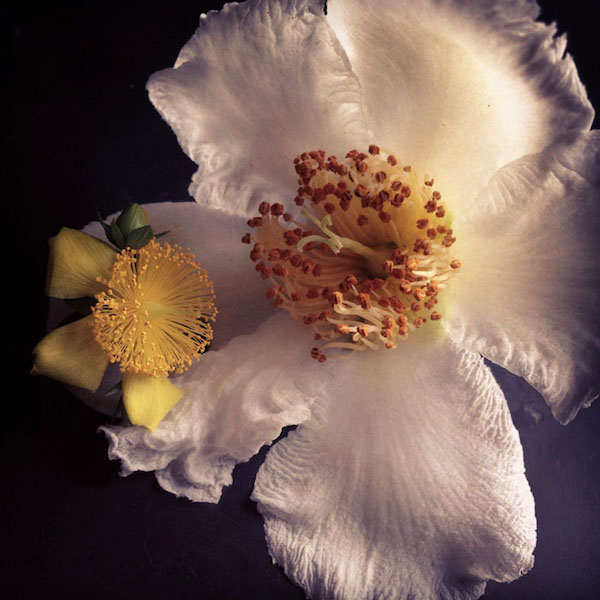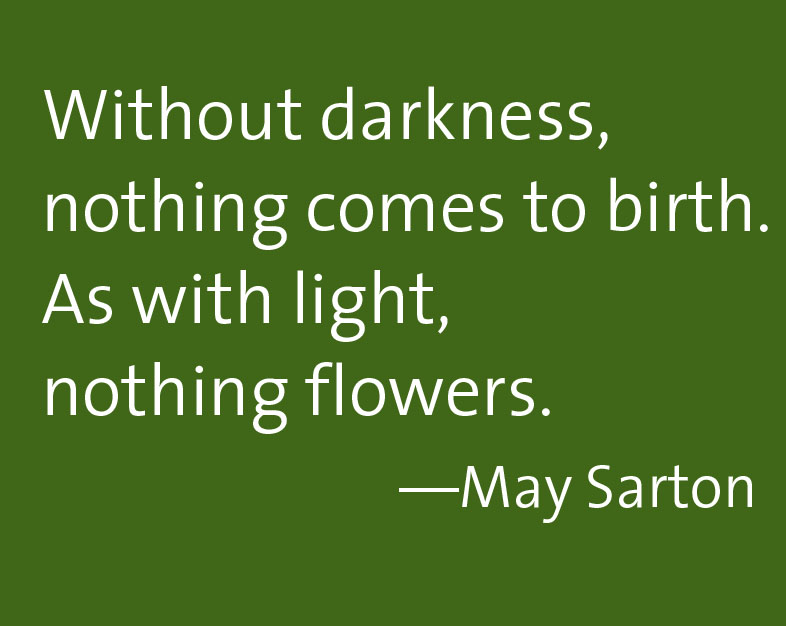We were heartened by the article a friend sent us from the Irish Times, about the retirement of journalist, broadcaster, writer, motivational speaker, Bibi Baskin. When asked what she planned to be doing she replied “Nothing.” It is a state she has longed for.
There is a skill, I believe, in doing nothing. And when I used to give these motivational talks, that would have been one of the things I covered, when you do nothing it allows you to still the mind. Western society has just created this default thing now, even in lockdown, that you must be busy all the time. And it’s not good for you mentally or physically. I intend, in my retirement, to do nothing. I find it hugely exciting.”
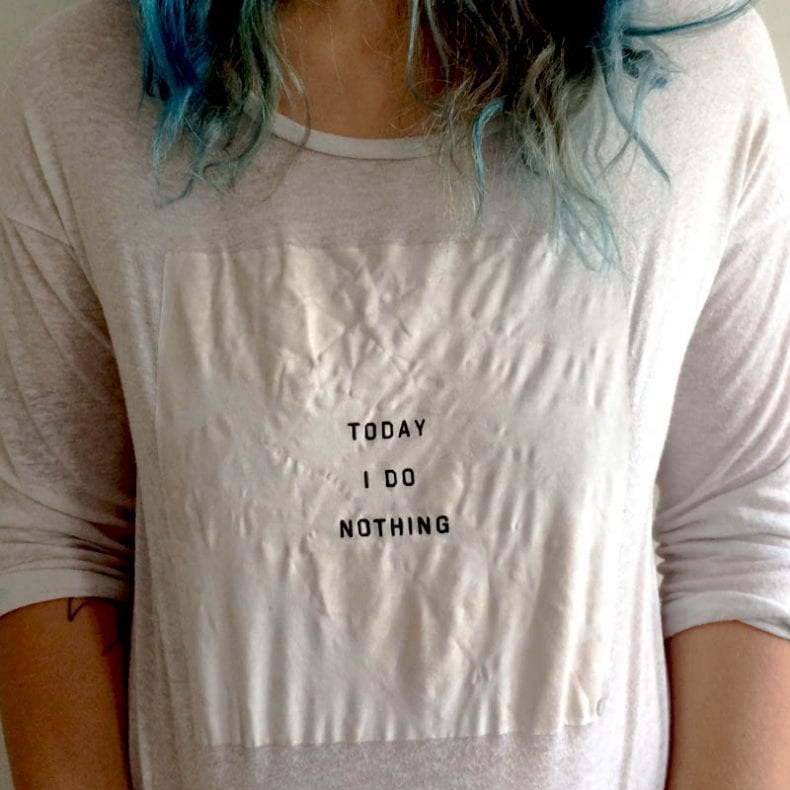
Friends of Baskin, who viewed her effortless-seeming life as as enviably flexible, working on subjects she was passionate about, couldn’t understand her need to retire. To Baskin, the “inside” of her life was much different: busy, driven, thinking about jobs she was doing and jobs she needed to get.
I think I superimposed a discipline on myself that maybe, in retrospect, wasn’t necessary. And I’ll be free of that now.
Even in lockdown, many of us struggled under the weight of all the things we thought we should be doing: art to made, writing to be done, projects to be finished, languages to be learned. This Onion headline nailed it:
“Man Not Sure Why He Thought Most Psychologically Taxing Situation of His Life Would Be the Thing to Make Him Productive”.
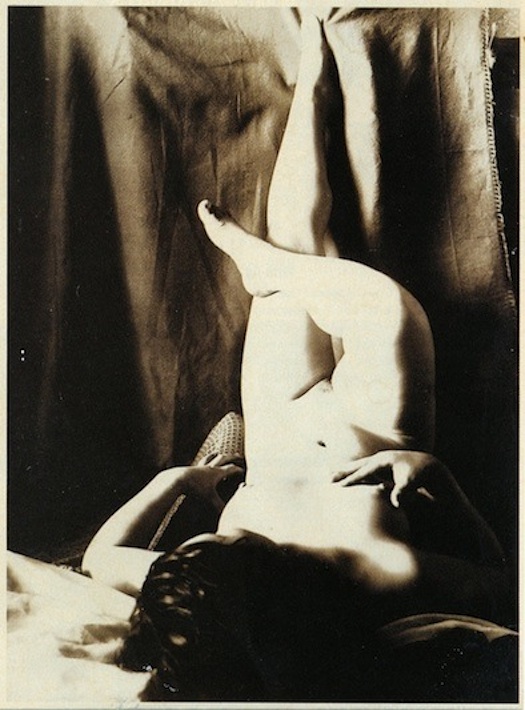
Jenny Odell’s brilliant How to Do Nothing deconstructs the subtle prisons of doing we live in better than anyone we know, and describes the richness that attends doing nothing. (We wrote a post that gives the gist here, though the book should be required reading for humans.)
…I believe that having recourse to periods of and spaces for “doing nothing” are even more important, because those are times and places that we think, reflect, heal, and sustain ourselves. It’s a kind of nothing that’s necessary for, at the end of the day, doing something.
… And it can take a break to remember that, a break to do nothing, to listen, to remember what we are and where we are.
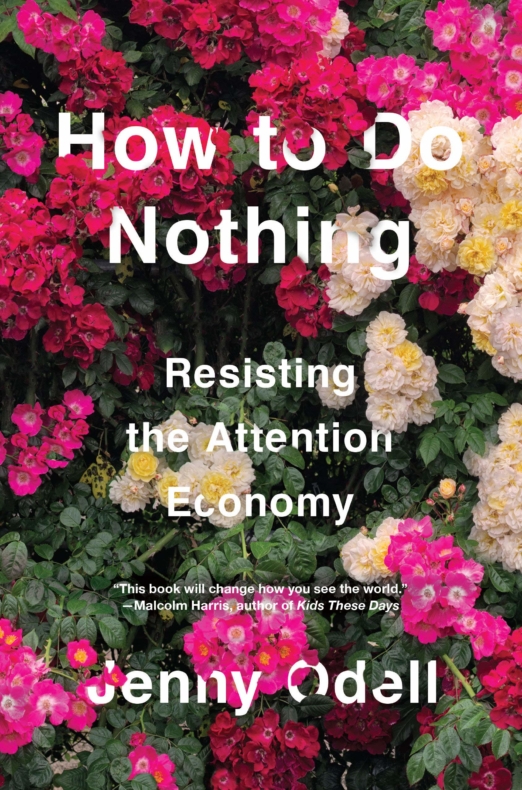
We are amazed that “nothing” is widely used to describe what we do when we don’t structure our days, or make things to put into the world in an understandable form. “Nothing” = reading, gardening, meditating, learning, wandering, listening, exploring, being here, healing, brush painting, making poems for no one else to see, fiddling around with things, taking care, taking care, taking care…
We know from our own busy life of “doing nothing” — having moved on from many of the pursuits that once defined us — the experience of doing nothing can be immensely rich, though without the usual evidence of articles, books, interviews, appointments….What do we have if we have nothing to show?
In a spectacular garden we visit every morning, we opened our book of Chinese poetry* at random to this poem written a thousand years ago:

The clouds are thin the wind is light the sun is nearly overhead
past the flowers through the willows down along the stream
people don’t see the joy in my heart
they think I’m wasting time or acting like a child

*Poems of the Masters: China’s Classic Anthology of T’ang and Sung Dynasty Verse, translated by Red Pine.
With deep thanks to Ruth Kissane for throwing the Irish Times over our transom.
Related Posts

